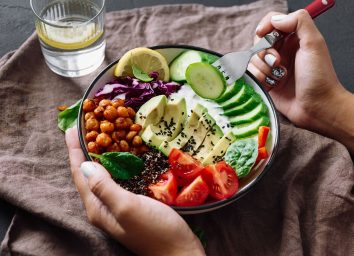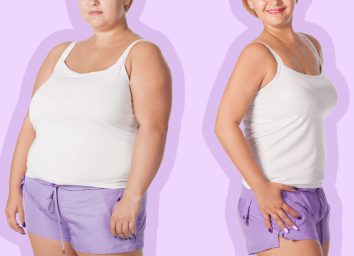14 Best Weight Loss Tips for Women
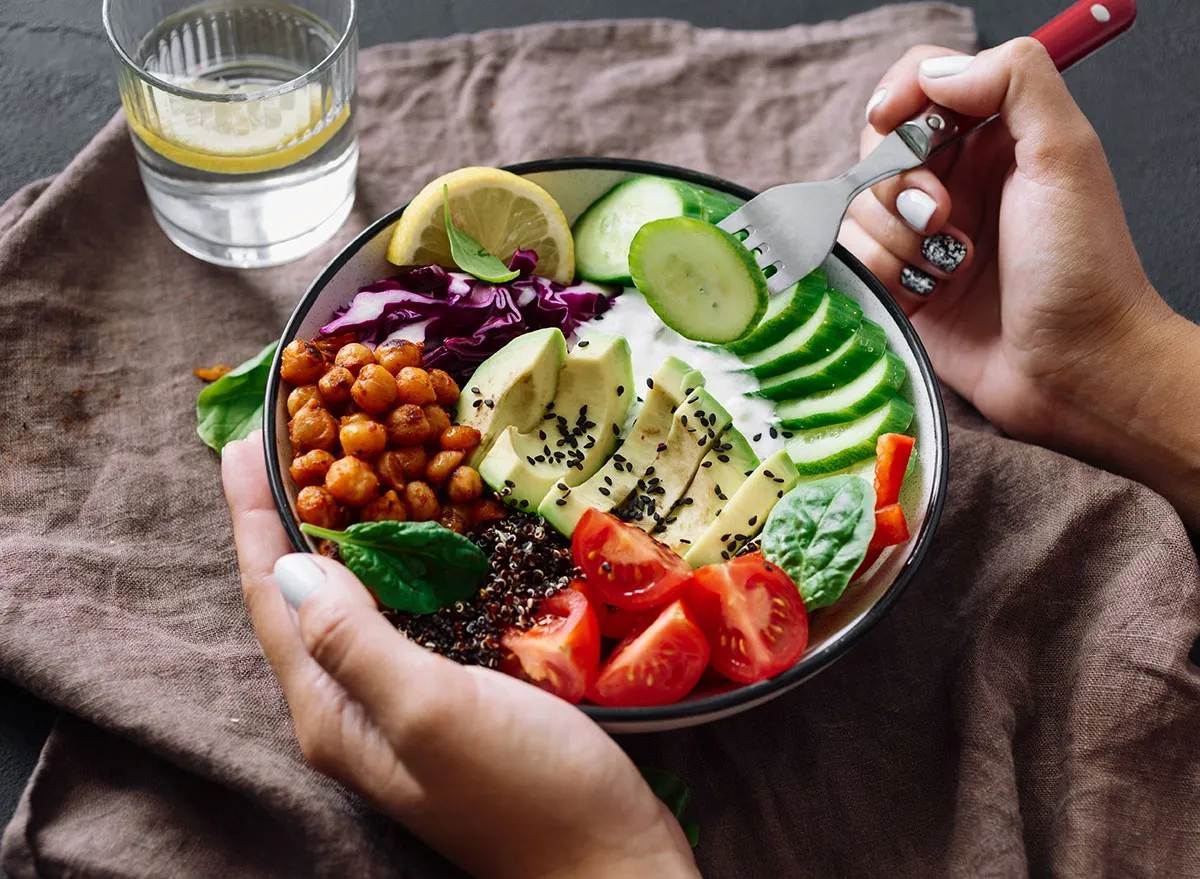
Women can experience some unique roadblocks when it comes to losing weight.
"I think the biggest roadblock for many women trying to lose weight is mindset. We tend to adopt an all-or-nothing/black-and-white mentality when it comes to food and eating habits," says Charlotte Martin, MS, RDN, CSOWM, CPT, registered dietitian nutritionist and owner of Shaped By Charlotte. "If I can't be healthy all of the time, why bother being healthy some of the time? This leads to throwing in the towel after going off track and starting fresh next Monday or next month."
This all-or-nothing mentality can also snowball into other issues.
"Too much restriction is another big roadblock (plays into the all-or-nothing mindset). When you tell yourself you can't have a food, it just makes you want it more, right? This leads to binging on said food eventually," says Martin.
Women also put a lot of expectations on themselves when it comes to weight loss.
"One of the biggest issues I hear from patients is around expectations and frustration, which often leads to dropping out of treatment. Most women expect larger weight losses than what is typically seen with diet, exercise, and behavior change and then become frustrated when they do not reach their weight goals," says Colleen Tewksbury, PhD, MPH, RD, CSOWM, LDN, registered dietitian and spokesperson for the Academy of Nutrition and Dietetics. "It's hard not to compare, but weight loss treatment options and outcomes are different for everyone."
Implementing healthy weight loss techniques will help women sustain and maintain weight loss. Here are 14 tips and tactics that are specifically suited for women who are trying to lose weight. Need a more specific place to start? Why don't you add these 11 Foods Women Should Eat Every Day to your grocery list.
Figure out your system for tracking.

"A measurable tracking system has consistently been one of the best tools to lose weight, but the key is to find the best system for you," says Dr. Tewksbury. "Calories, macros, exchanges, steps, minutes, rating scales are all great options to track and there are lots of tools to help you do it. The best one is the one you will keep up with, which is different for everyone." As a starting point, try out The Expert Guide to Keeping a Food Journal for Effective Weight Loss.
Don't think of food as 'good' or 'bad'.
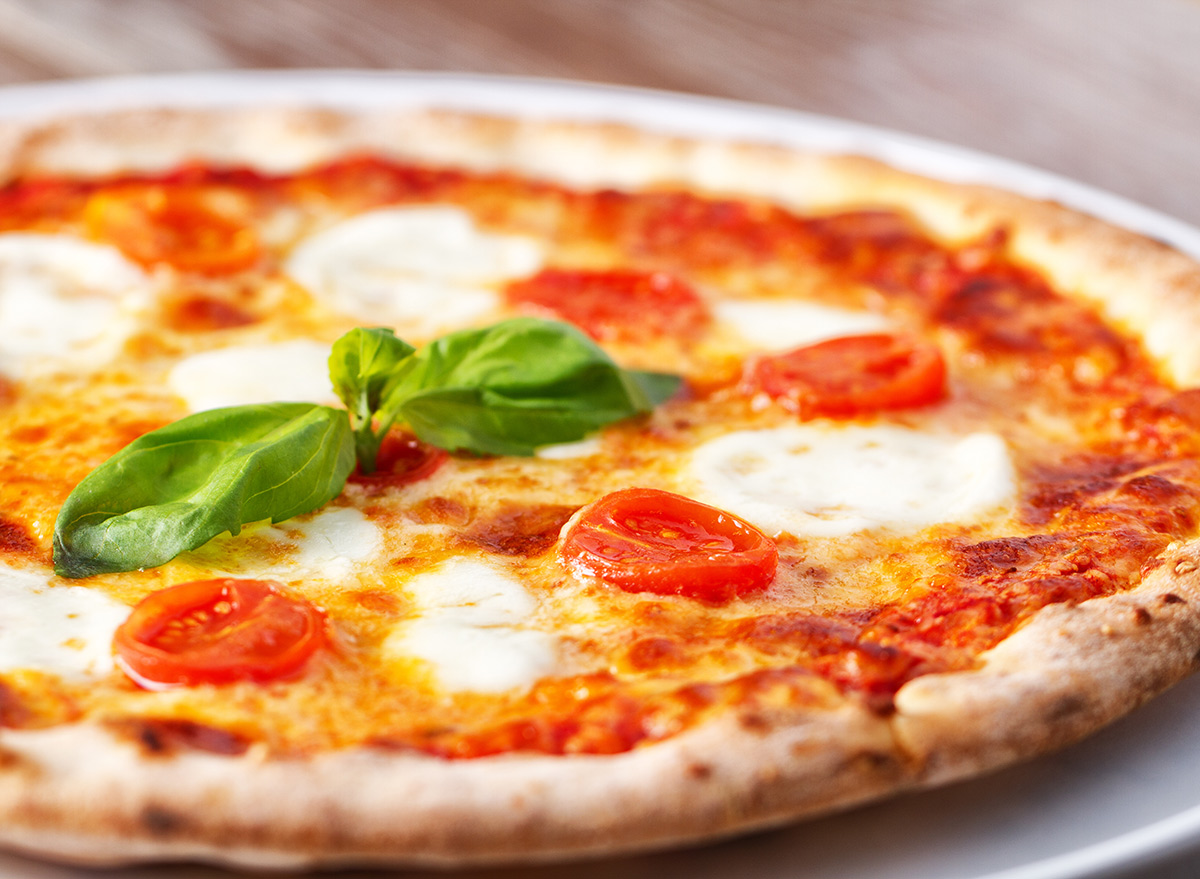
"Instead of thinking of food as good or bad, I find it helpful to think of foods as 'usually, sometimes, or rarely'," says Ellie Krieger, RD, a registered dietitian. "With that mentality, there are no 'never' foods and you eliminate the all-or-nothing mentality that can set you up for a binge."
These labels will help you rethink your food choices. "It's what you do 'usually' that really defines your diet, so if you make the healthiest foods—vegetables, whole fruits, beans, nuts, fish, lean proteins and healthy oils—the backbone of your diet, there is room to sprinkle in 'sometimes' foods like homemade pizza or 'rarely' foods like bacon or cake now and then, without any guilt!" says Krieger.
STAY INFORMED: Sign up for our newsletter to get the latest food news delivered straight to your inbox.
Set small goals and do them one at a time.
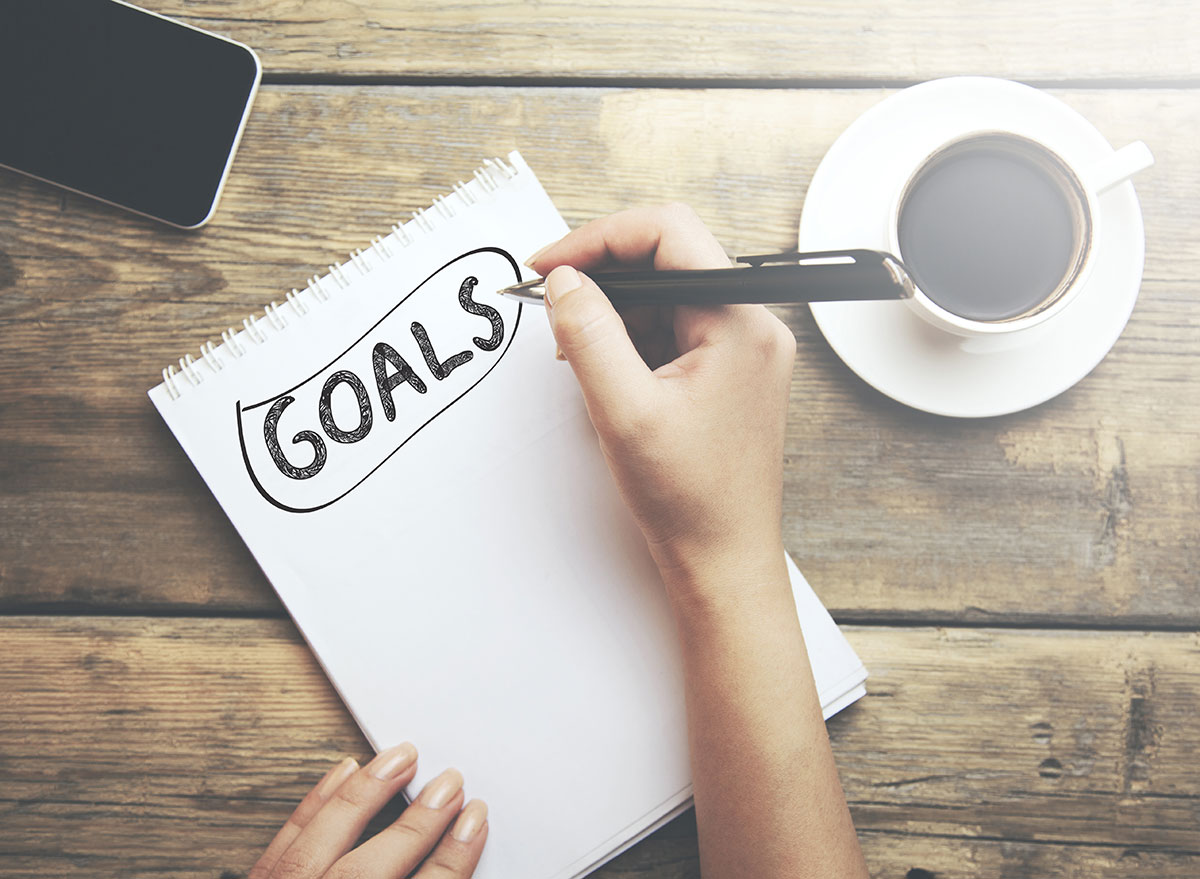
"Rather than saying I want to lose weight, say this week I want to make 4/5 meals at home and only have dessert twice a week," says Maggie Michalczyk, RDN, registered dietitian nutritionist and owner of Once Upon a Pumpkin. "Doing one smaller thing at a time is so much more beneficial and allows you to keep building week after week with new habits. It's less stressful and will actually help you turn these habits into your future lifestyle for sustained weight loss." In addition to setting goals, keep up your progress for good with these 30 Ways To Lose Weight and Keep It Off.
Focus on calorie quality.
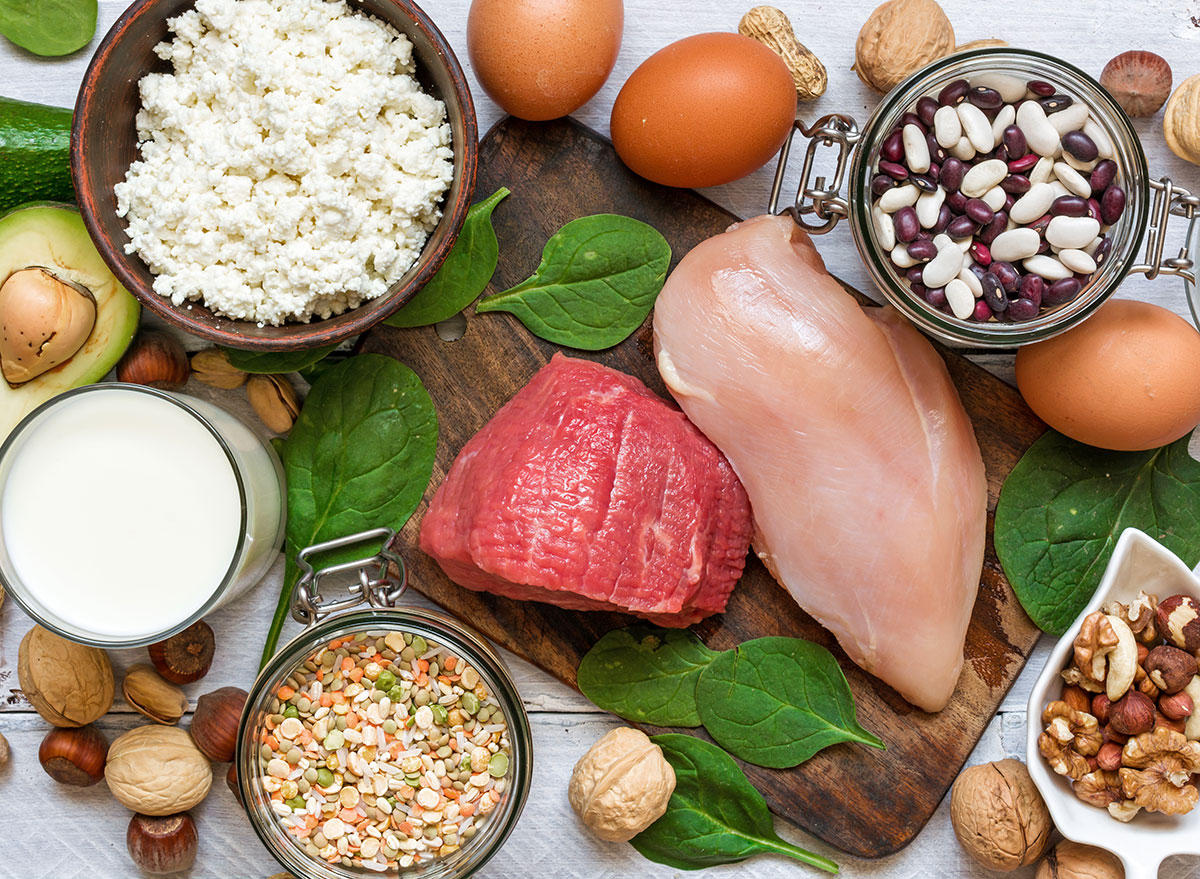
"Calorie counting usually leads to obsession around numbers and disordered eating habits. Instead, focus on calorie quality (i.e. what are you getting for those calories?) over calories quantity," says Martin. "When you focus on calorie quality, you usually end up controlling calorie quantity as a byproduct."
Don't weigh yourself constantly.
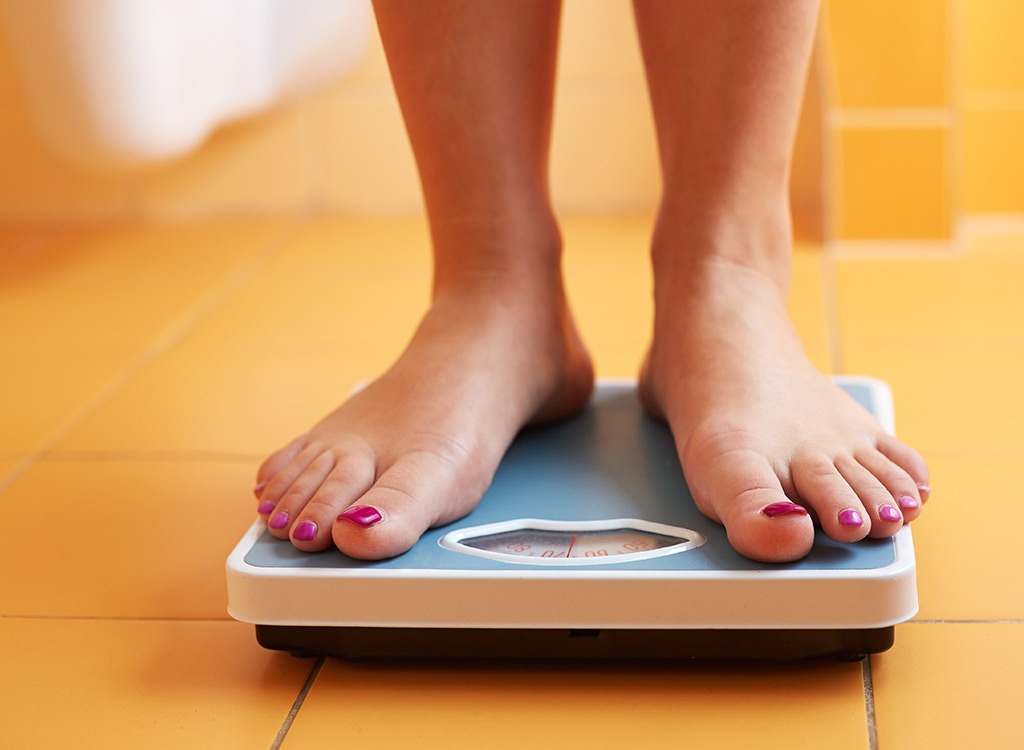
"This may seem counterintuitive for wanting to lose weight, but this numbers game can truly drive you crazy and make you feel like all your effort is wasted if you don't see a drastic change on the scale right away," says Michalczyk. "Remember that sustained weight loss should take time, and that as women our weight fluctuates with our menstrual cycle, water retention and time of day. At the end of the day it's more about how you feel about yourself vs. the number on the scale."
Fill up on fiber.
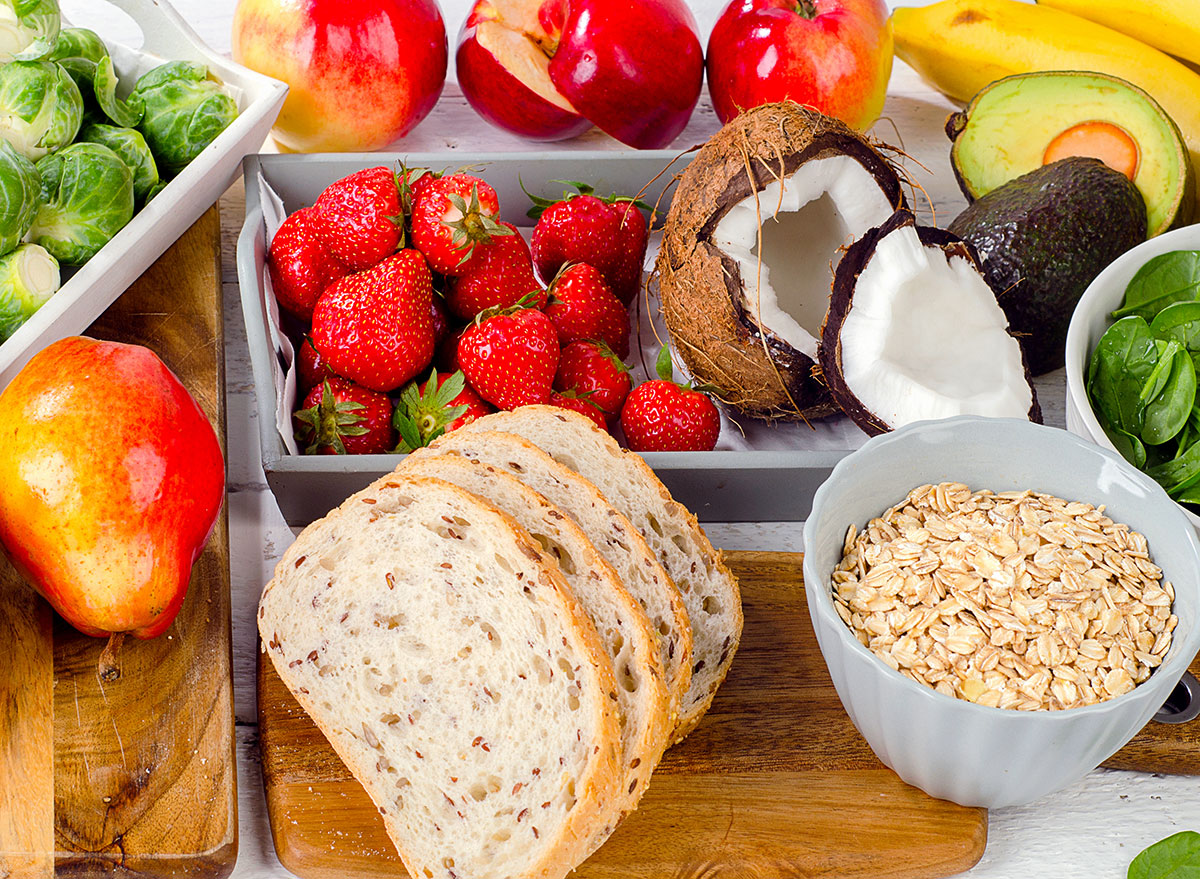
"Fiber fills you up without filling you out by helping to stabilize blood sugar levels," says Martin. "Choose mostly fiber-rich food sources like veggies, fruits, whole grains, and legumes (i.e. beans, lentils, chickpeas)."
Make a daily checklist.

"Write down three specific actions you can realistically take to eat better. For example, stop mindlessly snacking in the evenings, drink more water throughout the day, and include healthy protein in each meal," says Krieger. "Once you have gotten into the routine of doing those initial three things, build on it and add three more. This creates a personalized healthy checklist for yourself. I recommend building in some flexibility so if you don't check them all off one day, you don't beat yourself up, but rather pick up again the next day."
Don't go too low when it comes to calories.
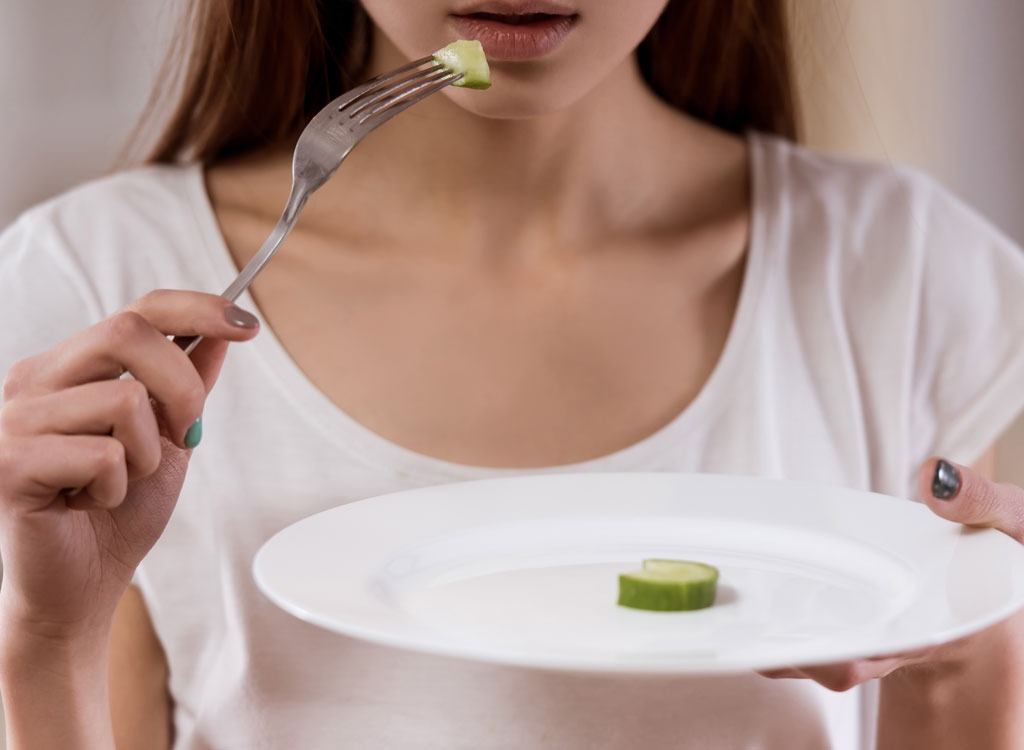
"This actually tells our bodies that we're in starvation mode, causing the body to hang on to fat stores," says Michalczyk. "Making sure you're eating enough to feel good, not be hangry all the time and don't have brain fog is very important, especially so if you're exercising a lot. Underfueling and extreme calorie restriction can also cause vitamin and mineral deficiencies along with negative hormonal changes for women, something to keep in mind when cutting calories or major food groups out of the diet." To tell whether you're eating enough, check out these 12 Signs You're Not Eating Enough and It's Hurting Your Health.
Keep things flavorful.
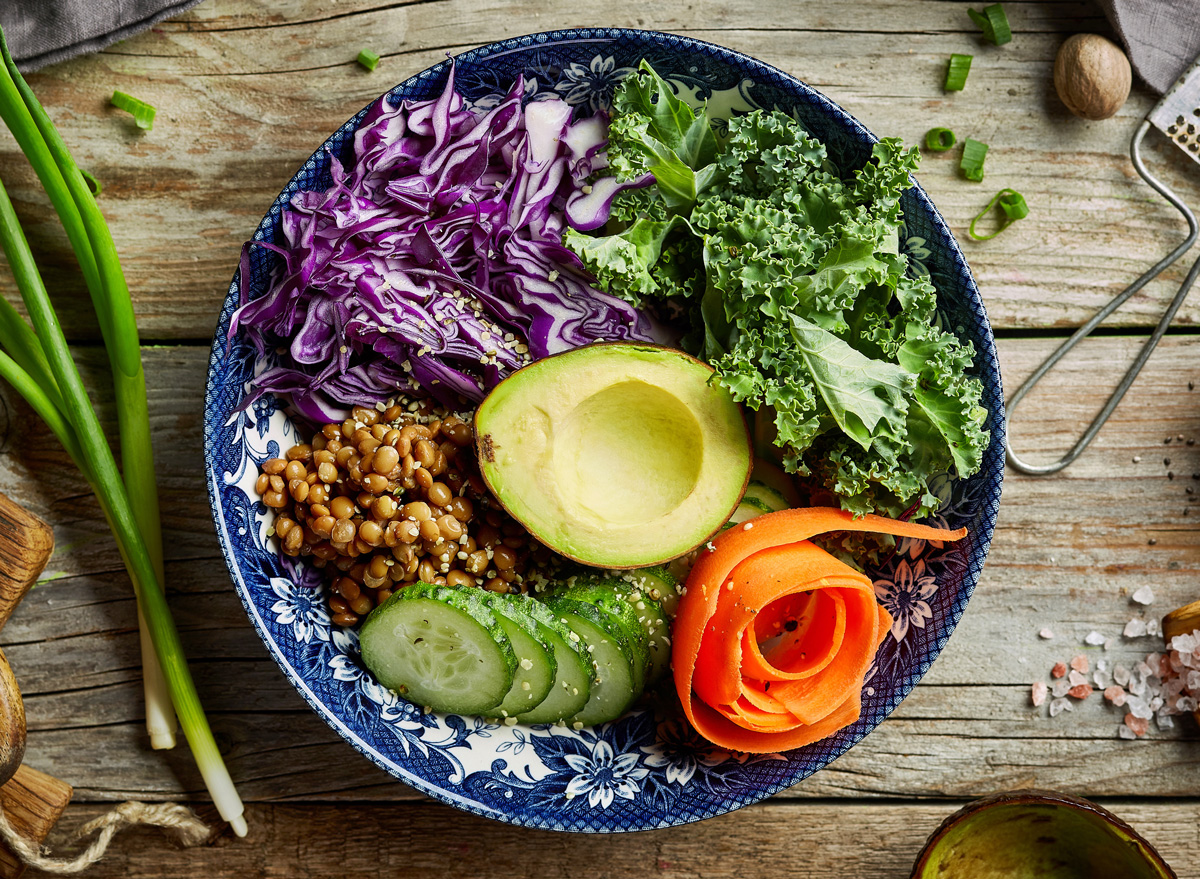
"Eating well should never feel like deprivation or punishment—it can and should be so delicious you are looking forward to eating healthy! Try some fun flavor combinations. For example, if your goal is to drink more water, add citrus, mint, or basil to make it more flavorful," says Krieger. "If your goal is to add more healthy protein to mealtime, try one of my favorite salads and incorporate Mediterranean flavors by adding Chicken of the Sea Chunk Light Tuna in Water (which as 24 grams of high-quality protein) to a couple of handfuls of salad greens, olives, fresh parsley, tomatoes and an olive oil and red wine vinegar dressing. It's so simple and so tasty!"
Get rid of the all-or-nothing, perfectionist mentality.
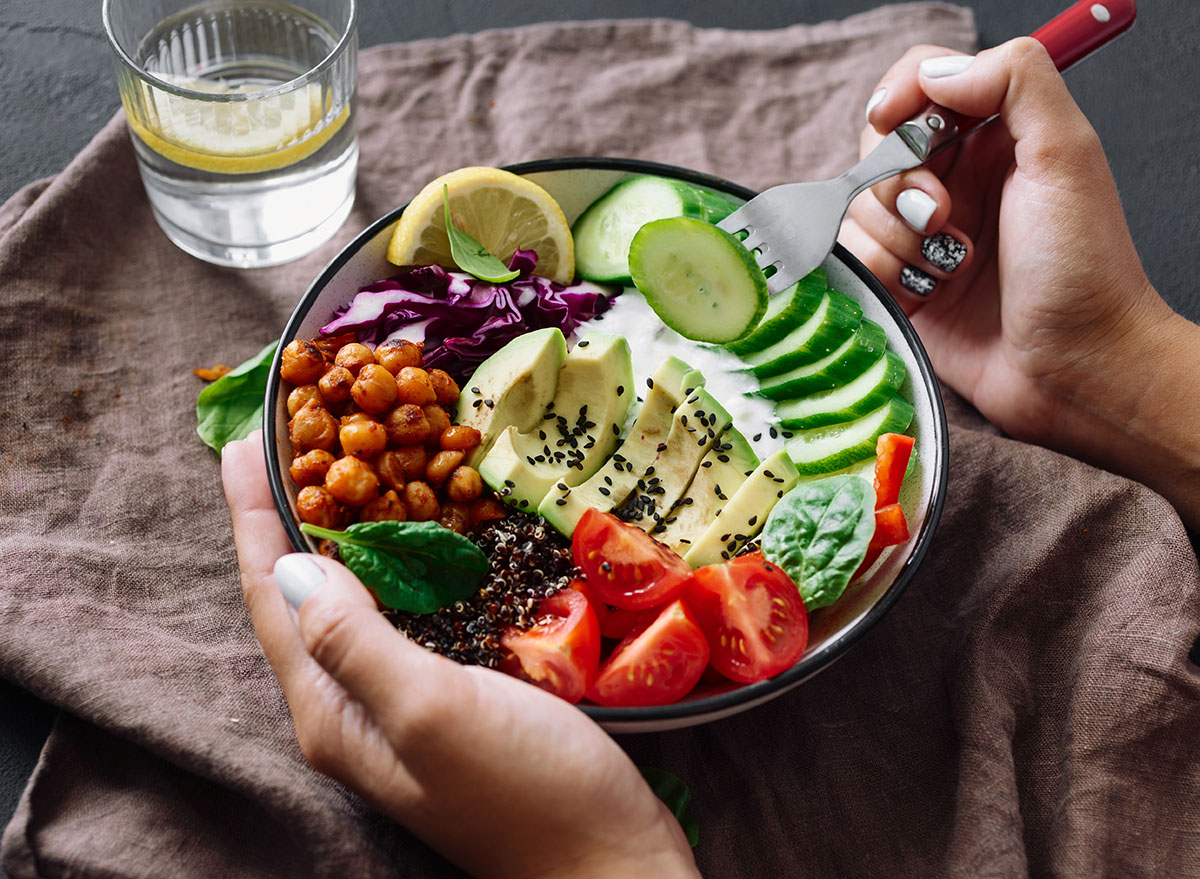
"Remind yourself that every meal, every snack, every bite is a chance for a fresh start," says Martin. "If lunch on a Wednesday doesn't go according to plan, don't wait until next Monday morning to start again. The one cookie you had at lunch is nothing compared to the bingeing that usually occurs as you wait to start again next Monday."
Be kind to yourself.

"Studies have suggested internalized weight bias, or self-directed stigma around weight, is more prevalent among women and is associated with smaller weight losses," says Dr. Tewksbury. "Learning more about how complex the development of obesity is and the challenges in treatment is a good first step in addressing this stigma."
Don't compare yourself to others.

"Another issue is the unrealistic goals we may set for our bodies based on what the latest Instagram or [reality] star looks like rather than what is healthy for us as individuals," says Krieger. "The number on the scale is only one indicator of wellness." Additionally, what you see on the scale isn't the only way to tell that you're losing weight. There are also these 10 Ways to Measure Weight Loss Progress Without a Scale.
Give up 'diet' mentality.
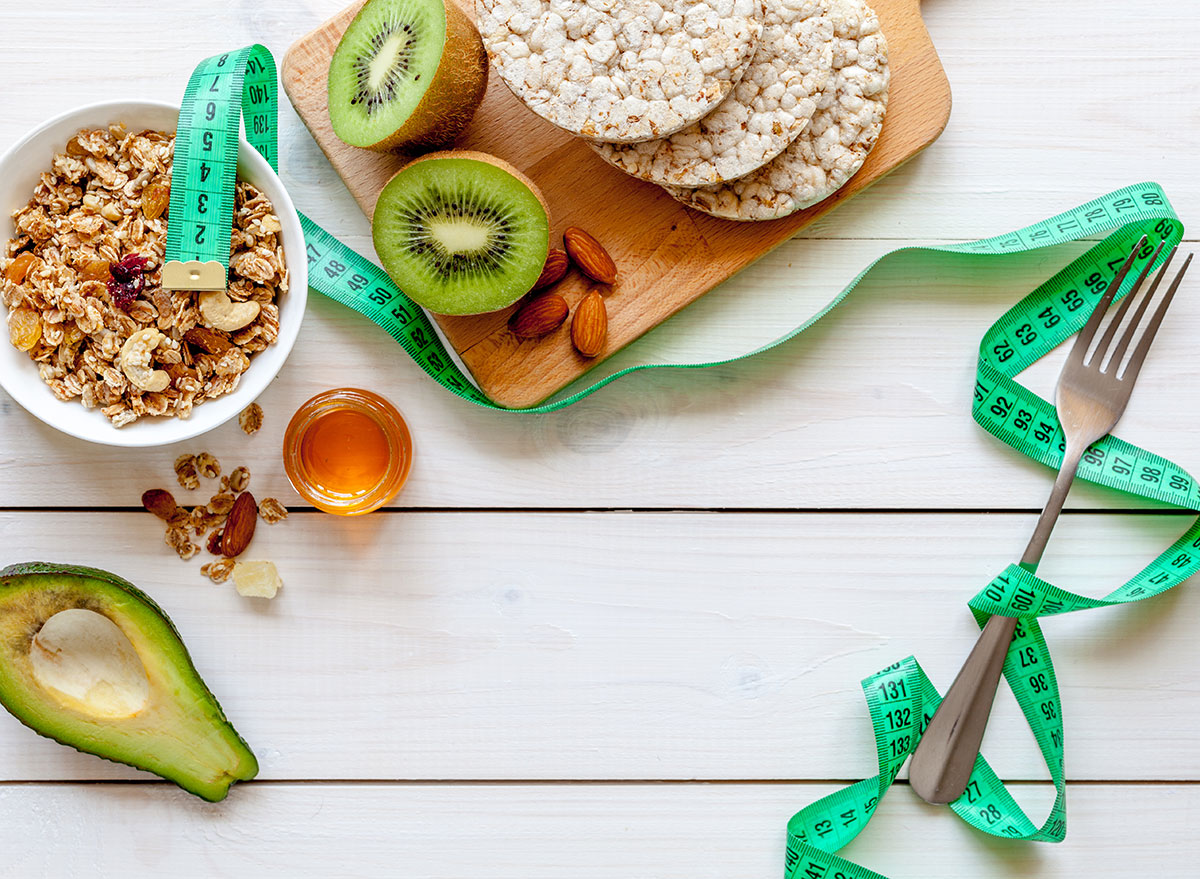
"One of the biggest roadblocks to weight loss, ironically, is the diet mentality itself. Going on an extreme all or nothing diet (and yes cleanses and detoxes are diets too!) can set you up for a destructive physical and emotional roller coaster," says Krieger. "It's important to take a longer, more-wide angle, view, and make realistic changes you can actually live with." Speaking of realistic changes, try adding these 21 Healthy Eating Habits That Help You Shed Weight—Without Depriving Yourself to your daily routine.
Seek extra help and treatment.

"Most adult women are weight-loss experts—they know 'what' they need to do. But registered dietitians are there to help them figure out 'how' to do it. That could include referring for complementary treatment such as medications or surgery," says Dr. Tewksbury. While you may already know you should see a dietitian to lose weight, you may not be as aware of these 15 Warning Signs You Should See a Nutritionist.
